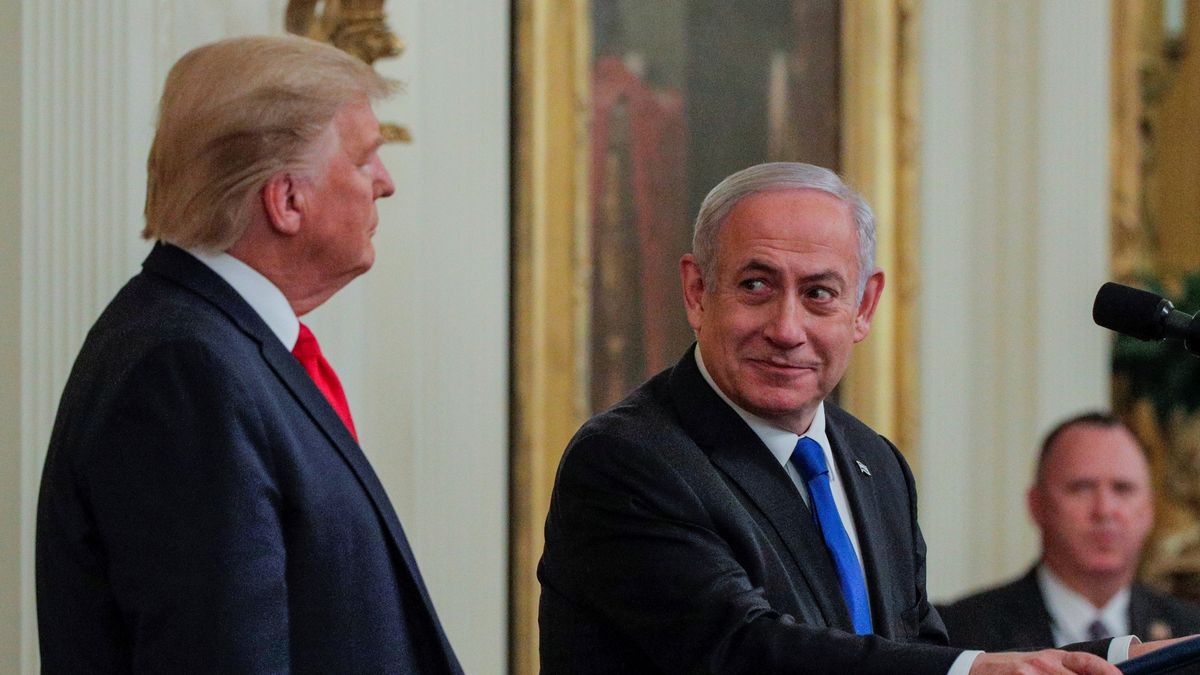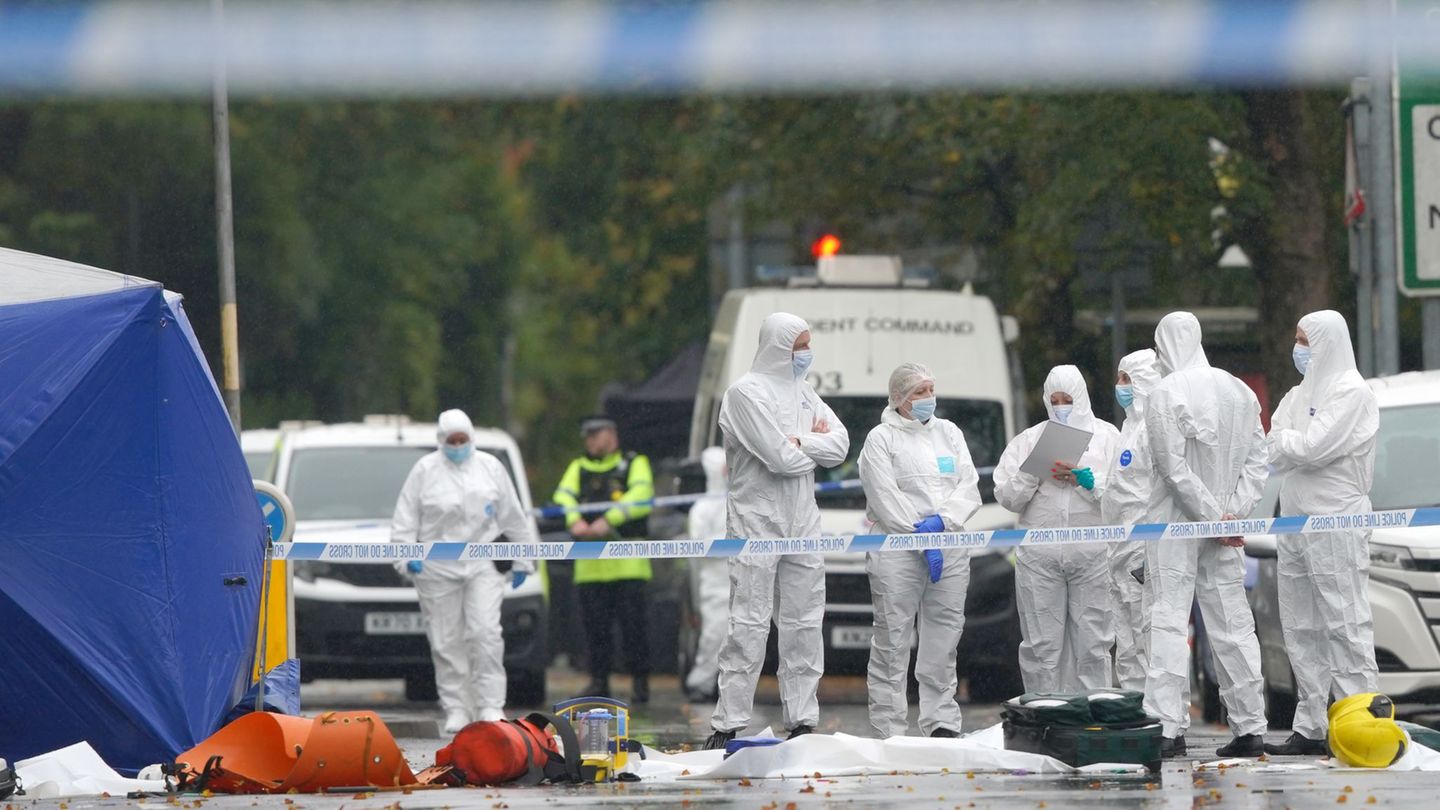It’s a first. Due to numerous mishaps in the election to the House of Representatives in September 2021, there will be another election in Berlin after just over 16 months. How does this affect participation?
As expected, there was a lower turnout in the repeat elections to the Berlin House of Representatives. According to the office of the state returning officer, 23.4 percent of those eligible to vote had voted by noon (12 p.m.).
In the election to the Berlin House of Representatives in September 2021, which was characterized by breakdowns and organizational problems, turnout was 27.4 percent at the same time – however, it was only recorded for the federal election, which took place at the same time. In the 2016 House of Representatives election, turnout at midday was 25.1 percent.
In contrast to 2021, there were few incidents in the repeat election until the early afternoon, according to state returning officer Stephan Bröchler. “So far everything is in the green zone,” said Bröchler of the German Press Agency. The Berlin election researcher Thorsten Faas warned against a hasty assessment of complications.
Ordered by the Berlin Constitutional Court
Since Sunday morning, around 2.4 million Berliners have been called upon to elect a new state parliament. The Berlin Constitutional Court had ordered the re-election, which had never been seen before in this form in Germany. He declared the September 26, 2021 vote invalid due to “severe systemic flaws” and numerous voting errors.
Bröchler, who claims to have been to other polling stations in Pankow, Lichtenberg and Berlin-Mitte, reported about a non-functioning switch on a telephone system. The provider fixed this in a short time. Or in the Moabit district, a key for a ballot box was missing. This was also brought in quickly, he said. In addition, more election workers than expected had reported sick due to the corona. “But we were able to make up for that.”
In his own ballot in Pankow, everything went smoothly. However, he does not expect a completely trouble-free Sunday, said the state returning officer. “We should have all the information together around 6 p.m., which went well overall, I hope as much as possible, and where there were also minor glitches,” said Bröchler. “Because that’s what’s going to happen.” There is no flawless choice. That’s why he likes to talk about a “low-friction” election.
Advice: “Take it easy”
Election researcher Faas from the Free University of Berlin also urged calm when evaluating the election. Every minimal complication is “probably meticulously reported” and possibly also scandalized, Faas wrote on Twitter on Sunday. He recommended: “Take it easy”. However, it is important to wait and see how things develop overall and then to assess the situation, he told the German Press Agency.
Berlin’s Governing Mayor Franziska Giffey was optimistic. So far, she has heard that things are going well at the polling stations, said the SPD politician. She herself had cast her vote at noon in a polling station in Friedrichshain. The Environment and Mobility Senator Bettina Jarasch had previously voted as the top candidate for the Greens and Kai Wegner for the CDU and FDP parliamentary group leader Sebastian Czaja.
The repeat election could change the political situation in the city. The SPD, the Greens and the Left have governed together since 2016, and they renewed the coalition in December 2021. Since then, the former Federal Family Minister Giffey has been the governing mayor, but now she has to fear for her office.
Several options open
According to the last three surveys from last Thursday, different alliances would be possible. In addition to a CDU-led coalition, it would also be conceivable for the SPD, Greens and Left to continue governing together. Despite an election victory, the CDU could end up empty-handed. The Greens’ top candidate, Bettina Jarasch, says she prefers the current coalition to continue, albeit under her leadership. The SPD and Giffey, in turn, made no coalition statement.
Whoever forms a coalition in Berlin in the future can only do so until 2026. Since this is a repeat election and not a new election, nothing changes in the legislative period. It started in 2021 and will last five years. The parties must compete with the same candidates as in the breakdown election. Direct candidates who did not want or could not run again were replaced by candidates from the party lists.
The problems of the 2021 election included incorrect or missing ballot papers or too few ballot boxes. In around half of the more than 2,200 polling stations, voters voted after 6 p.m. when the media were already disseminating forecasts and projections.
The federal elections in Berlin could also be partially or completely repeated because of the mishaps at the time. The Federal Constitutional Court will decide on this – when is still open.
Source: Stern
I have been working in the news industry for over 6 years, first as a reporter and now as an editor. I have covered politics extensively, and my work has appeared in major newspapers and online news outlets around the world. In addition to my writing, I also contribute regularly to 24 Hours World.




